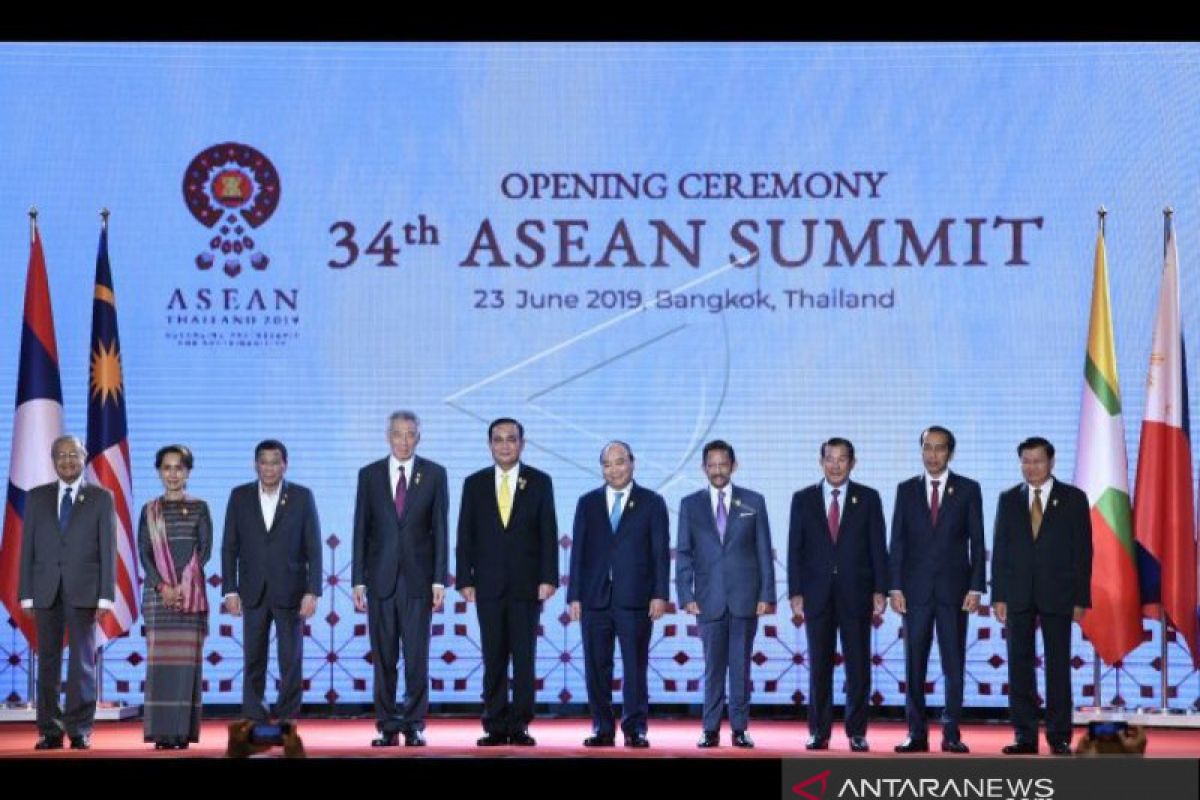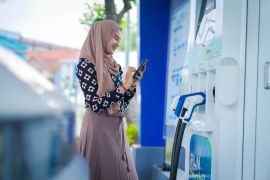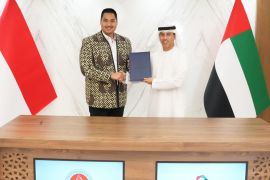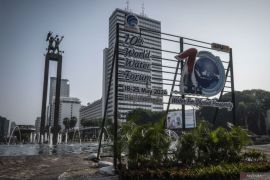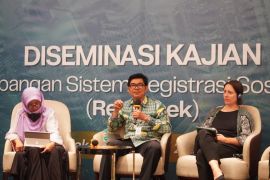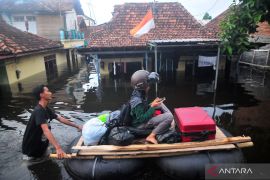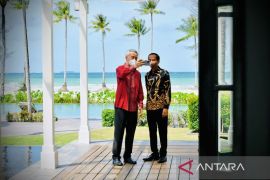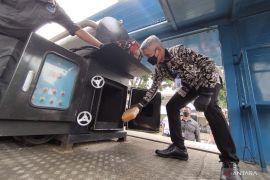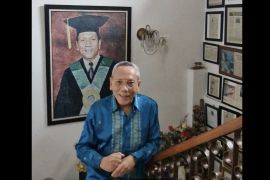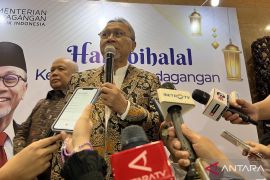These ASEAN leaders agreed to respond to this crucial issue by adopting the Bangkok Declaration on Combating Marine Debris in South-East Asian region on June 22.
In the Bangkok Declaration, the leaders of this regional grouping have pledged to strengthen actions at the national level as well as through collaborative actions among the ASEAN's 10 member states and partners.
The strengthened actions are aimed at preventing and significantly reducing marine debris, particularly from land-based activities, including environmentally sound management.
The ASEAN leaders are also committed to encouraging an integrated land-to-sea approach to prevent and reduce marine debris, and strengthening national laws and regulations as well as enhancing regional and international cooperation including on relevant policy dialogue and information sharing.
The Bangkok Declaration on Combating Marine Debris in ASEAN region has shown the whole member countries' common concern and interest.
For Indonesia, plastic waste which has contributed to the menace of marine debris has, since decades, undoubtedly become a major problem which has been affecting this archipelagic state's environmental sustainability.
Plastic waste, which has a serious impact on the quality of soil and water and may threaten the existence of living creatures, is closely related to the amount of the trash produced and used by Indonesians every day.
Environment and Forestry Minister Siti Nurbaya has noted that some 9.8 billion plastic bags are used in Indonesia every year, and almost 95 percent of it will end up as waste.
The ministry's waste management directorate also estimated that the total number plastic straws, used by Indonesians every day, reaches some 93 million, increasing from nine percent in 1995 to 16 percent this year.
As the world's largest archipelagic state situated between two oceans, Indonesia is viewed by the Indonesian Foreign Ministry's Director General for ASEAN Cooperation Jose Tavares as a "meeting point" of the movement of trans-border pollutants.
Hence, in dealing with this cross-border marine debris, he underlined the importance of regional and global solutions, as the ocean pollutants could have a broad scope and did not just affect certain areas of a country.
Apart from how the regional and global solutions work in dealing with this cross-border marine debris, Indonesia should be able to resolve its plastic waste crisis by itself, including imposing a massive ban on use of plastic bags at shopping malls and markets.
The Bogor city government, for instance, has been banning the use of plastic bags in all modern shops operating in the city since early December 2018. This ban works well.
In enabling Indonesia to reduce and prevent the plastic waste and marine debris significantly, Bogor Institute of Agriculture (IPB) Rector Arif Satria has suggested that applying recycling and bioplastic technologies should be the foremost strategy.
"The first solution to this problem is the use of technology. This should then be followed by how to develop an effective recycling system," he noted while commenting on the ASEAN leaders' agreement on adopting the Bangkok Declaration.
During a telephonic interview with ANTARA, Satria, remarked that apposite application of recycling technologies was estimated to prevent pollution from marine debris in Indonesia's seas.
Plastic waste has turned out to be a grave menace for Indonesia as was apparent from the death of a sperm whale after ingesting nearly six kilograms of plastic waste in Wakatobi District, Southeast Sulawesi Province, in 2018.
The academician, who received his PhD from Japan's Kagoshima University, gave another suggestion to tackle this problem by altering the lifestyle of the people at large into an eco-friendly one.
An eco-friendly lifestyle can be applied through, for instance, the use of reusable shopping bags. The people are advised to carry from home their reusable shopping bags, Satria explained.
Currently, members of Agrianita, a women's organization at IPB, have created waste-management and recycling communities, with members constituting housewives, he remarked, adding that such an inspiring move and positive trend existed in several villages around Bogor City.
"We all need to continue to develop such waste-management and recycling communities in our neighborhood areas, as what they do can also help community members generate income," he stated.
The third solution essentially applied in Indonesia concerns eco-friendly policies and law enforcement similar to what several nations, including Singapore, have consistently implemented.
In Singapore, those found littering are liable to face punishment. Last but not least, Industries should also be encouraged to reduce plastic content in packaging, he stated.
Related news: Indonesian minister draws attention to dangers of plastic waste
Related news: Greenpeace recommends ASEAN to curtain single-use plastic production
Related news: ASEAN leaders endorse Bangkok Declaration on Combating Marine Debris
Editor: Gusti Nur Cahya Aryani
Copyright © ANTARA 2019
